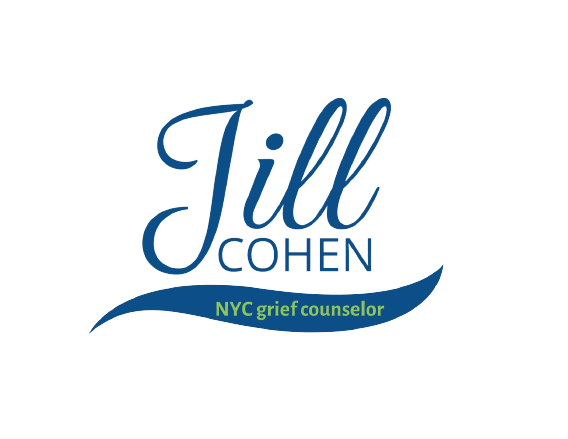It’s Morning Time. And You’re Mourning. And, It’s Time to Go to Work
One of the hardest parts of the immediate days and weeks following the death of a loved one is the return to the workplace, where many people spend up to eight or more hours a day with their colleagues, clients, customers, patients, and students.
That’s a lot of hours in which grief can work its way and out of your thoughts, create feelings and emotions and cause behaviors.
Often the scenario looks like this. Someone who is grieving is sitting in a meeting, and the thought of a deceased loved one or flashbacks to the experience of the recent death experience, wanders into his or her mind. This can cause “zoning out”, tears, possibly a meltdown and for sure, the kind of attention from others that very few people would choose.
In my grief counseling practice, my clients talk about “tearing up” randomly or having a “meltdown” in the workplace very often. They also talk about becoming irritable with others, or short-tempered when others have issues which the grievers consider “little” or unimportant, in the larger scheme of things.
Unfortunately, too many grievers return to work right after or very soon after the death of a loved one. Fear of being absent or not getting paid are usually the reasons for the rapid return. But for some, going back right away does the employee and his/her company an injustice. If you’re in a fog, lethargic, and easily distracted, you are not going to be working to the expectations of the company and you will, as a result, frustrate yourself.
Grief and Productivity to Always go Together
To be sure, BEING PRODUCTIVE AND GRIEVING DON’T ALWAYS GO TOGETHER.
For some, the death of their loved one is so traumatic that working is not even a possibility. For others, working is necessary and though difficult, it must be done.
Grieving a loss is as natural as breathing. Grieving is necessary and like breathing, must be done. Just as you can’t stop breathing, you can’t stop grieving or wait a lifetime to allow the process in.
You Must Grieve
Since you must grieve, and if you must work, keep these in mind.
Tell your colleagues and bosses that you experienced a great loss and that you are grieving. This will help them understand if you slip and make an error, or arrive late sometimes or leave early, or act in ways that are not the “you” who they know and are accustomed to. You may be a “subdued” version of yourself for a while.
Grief winds its way in and around us at any random time it chooses to, whether we’re ready for it or not. We can’t tell grief when it’s ok to enter, but we can set up little dedicated time periods during the day to acknowledge our loss and grieve a bit. I tell my clients to give grief its fair share of time and honor your feelings at a set time in the day in which you allocate to grief. During that grief time, do whatever comes up for you… whether it’s crying, shouting, journaling, punching a pillow or creating a memory collage.
When you can feel that your grief is going to be triggered, pause, take a deep breath and drink a sip of water. This will slow you down and allow for more control of your emotions.
When you are managing well at work, and even thriving, own it. It’s an honor to your deceased loved one that you are forging ahead as best as you can, despite the loss.
Understand and accept your grief. If being at work for most of the day doesn’t give you much chance to grieve, then incorporate it in your self-care by trying to feel your feelings at some point in each day. Crying, when in private, is actually healing and normal. Give yourself a chance to do it.
Put a photo of your loved one on your desk at work. This will help you keep a connectedness to that person and to your grief and let it process in your emotions subconsciously.
Don’t flip out if people respond in ways that feel wrong to you. It will awkward when you return to work after a death. People may be super kind, while others won’t know how to respond to your situation. Don’t hold it against them. Everyone’s just trying their best but most don’t really understand death the way you do. If you really don’t like their approach, feel free to gently tell them what would be more helpful to you.
Look for spots for you to quiet retreat to when necessary -- away from the crowded office. An empty conference room, a break room, a bathroom stall, empty closet, somewhere to go if you feel you have to excuse yourself. You probably don’t want to melt down in front of your office mates and they will understand that.
NO MATTER HOW HARD YOU WORK, OR HOW LONG YOUR DAY IS … find time to grieve AND to be supported in your grief. Your schedule will always be crazed, but this is a time in your life in which it should be a priority to make room for grief support. MEETING WITH A GRIEF COUNSELOR CAN HELP YOU COPE WITH YOUR EMOTIONS. It’s not WEAK. It’s a STRONG step to moving forward in your grief journey.
For more information on the benefits of grief counseling download my resource guide. No matter whom you choose to give you professional support in your grief journey, it will be an important part of your healing process.
If you’d like to talk in person about how you can benefit from grief counseling, schedule a complimentary 30 minute consultation call.




